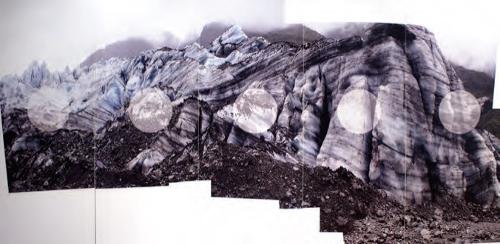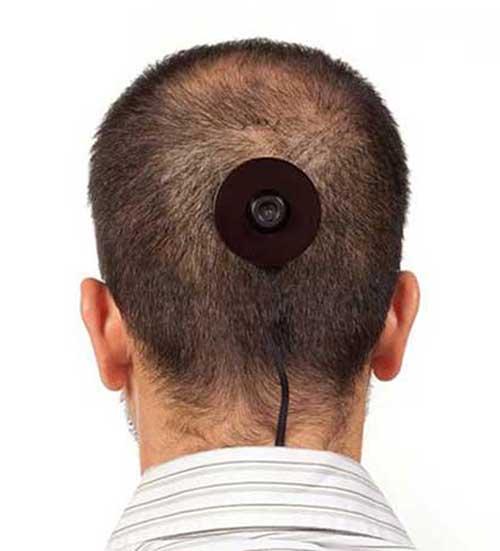Three secrets
A non-Aboriginal, non-art world friend suggested that there are three kinds of secrets—the secrets you keep from others, the secrets you share with others and the secrets others keep from you.
In the 1970s and 1980s it was a widespread Aboriginal suspicion that in every institutional Aboriginal group was a spy or agent provocateur. On the other hand, was a fear by conservative white Australians of a pan-Aboriginal nationalism, liberation action and communist liberation armies. Aboriginal activist Gary Foley recently wrote in Tracker magazine of ASIO’s now public surveillance files on groups he was involved in keeping better minutes of meetings than conspirators themselves. In the early nineties I was able to see and hear Aboriginal poet Lionel Fogarty perform at various public institutions across Germany. As part of his act at the end of every strongly projected performance, he pulled out an SLR camera, stood, and photographed the audience from several angles — indicating to any monitoring agents in the audience that he was watching them as much as they were watching him.
One afternoon on an intensely hot Ramingining day a young anthropologist aspirant dragged himself into my office and confessed mournfully to me that he didn’t want to be an anthropologist anymore because anthropology was really about spying on Aboriginal people so as to categorise them, put them neatly into a defined persona and behaviour and keep them monitored. Anthropologists have been accused of working as arms of governments, both national and foreign, exceeding the personal bad manners and discomfort of having a complete stranger live with and record your life. In my own case, one anthropologist was fine to have as a guest until my partner found from a notebook left behind on the kitchen table, that in fact we were the subjects of the surveillance. In Aldous Huxley’s dystopian 1932 novel Brave New World, John the savage has his private retreat and atonement brought undone by press surveillance and publication of his self-flagellating ritual.
Fiona Foley in her early career recorded flotsam and jetsam found on the shores of Thoorgine (also known as Fraser Island) in a series of oil pastel compositions on paper. Surveillance is more than voyeurism, which is usually concealed viewing or recording of one individual by another, often for sexual stimulation. It’s more than monitoring, that is, the recording of changes—changes in population, attitudes, consumption patterns or other ‘market research’.












